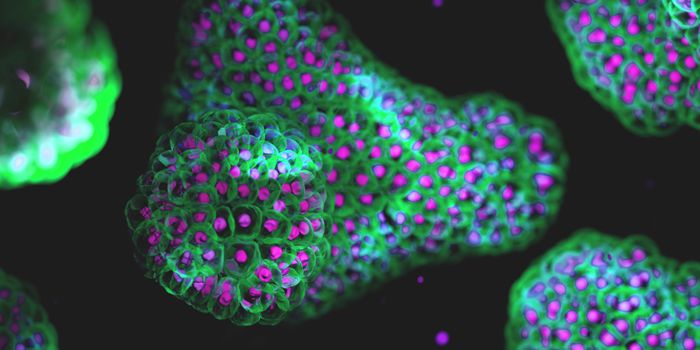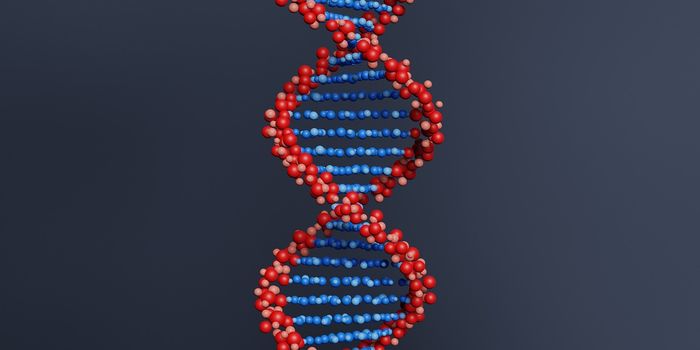An international consortium of researchers has published four related papers, in Nature Biotechnology
here and
here, and in Nature Communications
here and
here, highlighting the ways epigenetic data can aid in precision clinical diagnostics and personalized medicine, tailored to a specific patient. They show that epigenetic information can help ensure an accurate diagnosis and the best option for treatment for an individual.

Image by Christoph Bock/CeMM
The studies, published in collaboration and led by Christoph Bock of CeMM Research Center for Molecular Medicine of the Austrian Academy of Sciences, Vienna and Stephan Beck of the University College London (UCL), confirmed that obtaining epigenetic data is a practical technology ready for use, and that there are useful and reliable clinical applications of that information.
“Epigenetic tests have a key role to play for making precision medicine a clinical reality. Epigenetics captures part of each cell's individual history, and it can predict how cancer cells will react to drug treatment. This can be very useful for personalized therapy,” said Bock.
To know more about epigenetics - the modification of genes and their associated proteins by environmental influences - check out the video below.
Epigenetic regulation of gene expression is altered, often drastically, under conditions of disease and in all types of cancer. Measuring these changes shows important details of the changes occurring because of disease, and that is often important for identifying disease subtypes or finding the most suitable treatment.
Bock was first author of a study that compared a variety of common epigenetic analysis methods by sending 32 reference samples to 18 different laboratories in seven countries. They did observe good agreement among the results they obtained, showing the technology is ready for clinical use, and paves the way for future validation of epigenetic studies.
"It is part of CeMM's mission to provide innovative platforms for precision medicine and to make them ready for biomedically important applications. We are proud of the work that Christoph Bock has done together with Stephan Beck and members of the BLUEPRINT consortium. It shows that epigenetics bridges genomics and disease,” remarked Giulio Superti-Furga, the Scientific Director of CeMM.

Image by Christoph Bock/CeMM
Other papers published by the UCL group used computational work to demonstrate the feasibility of genome-wide DNA methylation sequencing technology, and confirmed that it will identify DNA methylation differences between normal and disease subtypes. The research team went on to provide fresh bioinformatic methods for finding DNA methylation patterns specific to disease that do so using DNA methylation sequencing data that is low-coverage and cost-effective.
Beck, senior author of two of the papers said, “This exciting new technology will advance our ability to understand phenotypic plasticity in health and disease, an important aspect of cancer research.”
Sources:
AAAS/Eurekalert!,
Nature Communications Libertini et al,
Nature Communications Rendeiro et al,
Nature Biotechnology Libertini et al,
Nature Biotechnology Bock et al,










